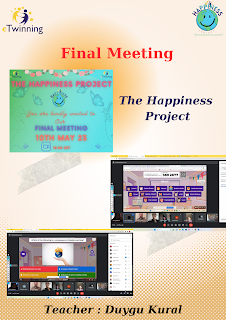What is empathy and why is it good for us?
 |
| “I’ve learned that people will forget what you said, people will forget what you did, but people will never forget how you made them feel.” Maya Angelou |
In today’s world of 24-hour news and social media, our lives are exposed to other people, or to juxtapose, their lives are exposed to us! The influence of media is such that it can mispresent a person’s knowledge of specific events. Depending on the angle the media is taking, we are so often influenced to a certain way of thinking which can lead to being judgemental or biased without really knowing the facts. Being emphatic can help us look at all angles and understand another person’s perspective of the situation they are in without judgment.
So what is empathy?
Empathy in its simplest form is to have a sense and awareness of the emotions of other people. It is the ability to understand what others are feeling and imagine what they may be experiencing. Empathy enables people to get on with others, whether it be a loved one, colleague, friend or complete stranger. Ultimately, it is essential for developing good relationships, both in your personal life and at work. An empathetic person is perceived as warm and caring, whereas, someone who doesn’t show empathy can often be seen as cold and self-absorbed.
Psychologists have defined three different kinds of empathy: Cognitive, Emotional and Compassionate:
Cognitive empathy is sometimes called ‘perspective taking’. It refers to our ability to identify and understand other people’s emotions. It is as much about thought as it is about emotion. For example, understanding sadness is not the same as feeling sad. Cognitive empathy enables you to put yourself in someone else’s shoes but not necessarily sense or feel their emotion.
Emotional empathy is when you physically and emotionally feel what the other person is experiencing. Sometimes known as ’emotional contagion’, this type of empathy helps us to respond to others in distress. Emotional empathy is essential for those in caring professions as it enables them to respond appropriately.
Compassionate empathy enables us to not only understand and feel what another person is going through but also the ability to help that person. Being able to recognise the emotions in others, and to understand their perspective on a situation enables us to use that insight to support them through challenging situations.

Comments
Post a Comment